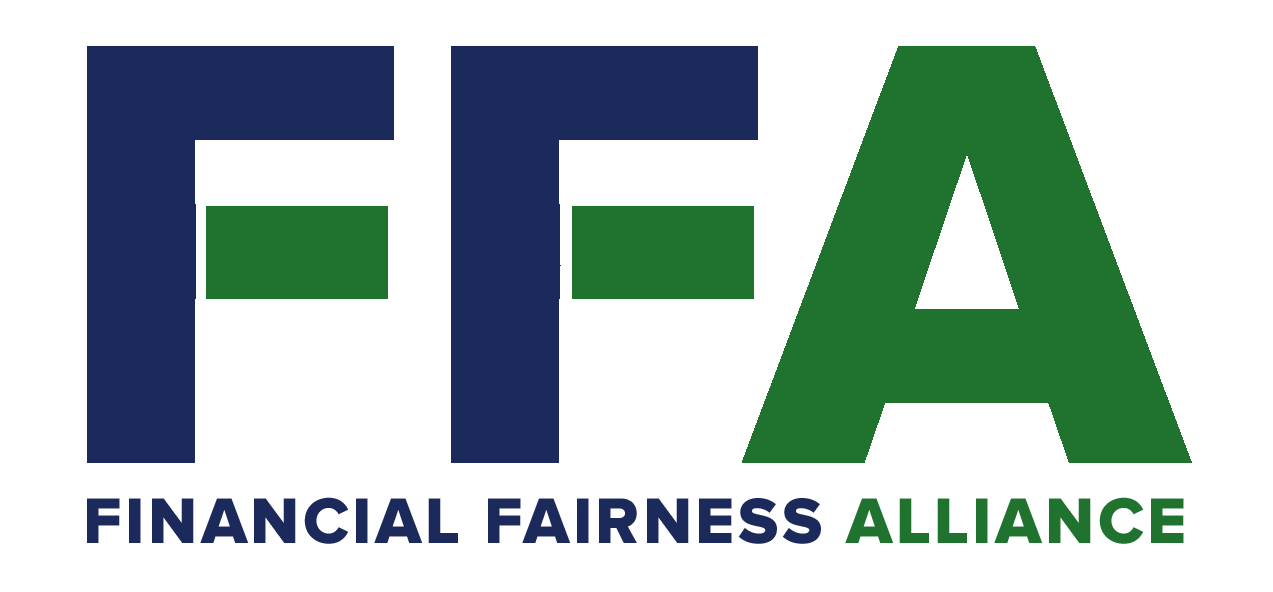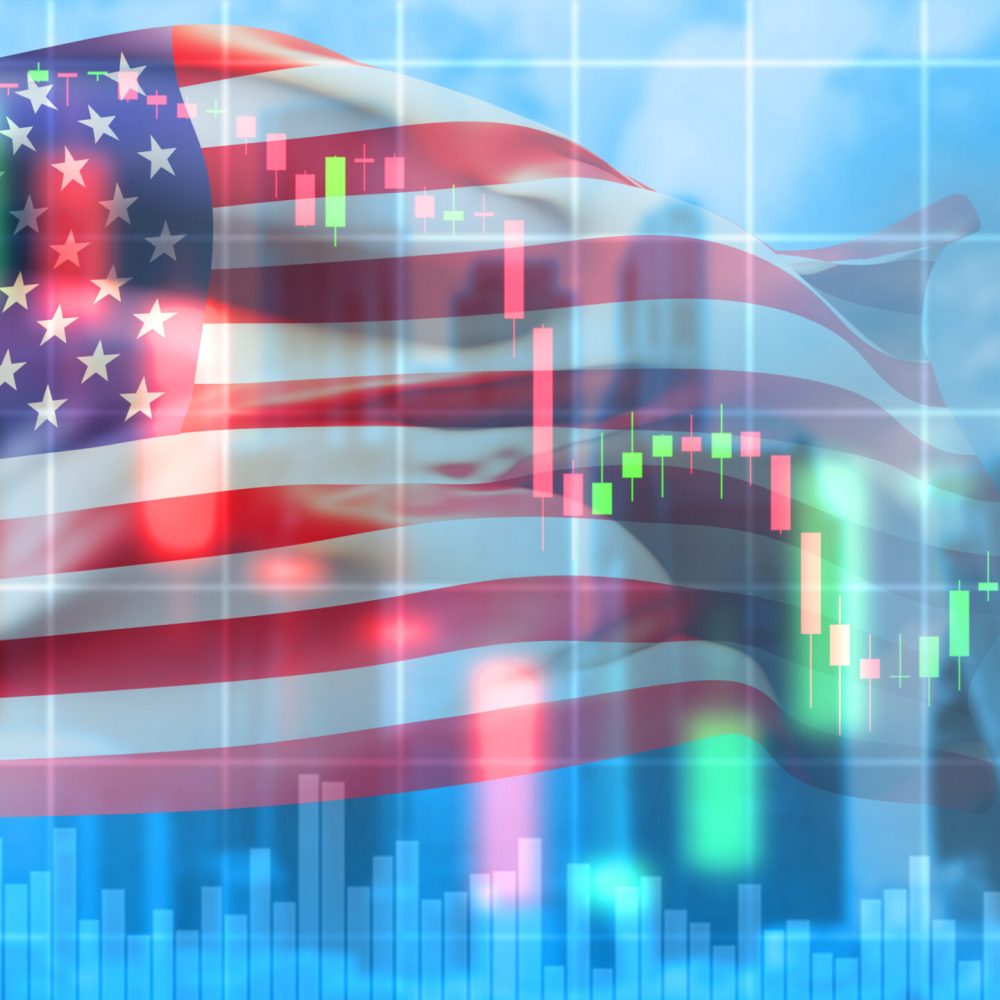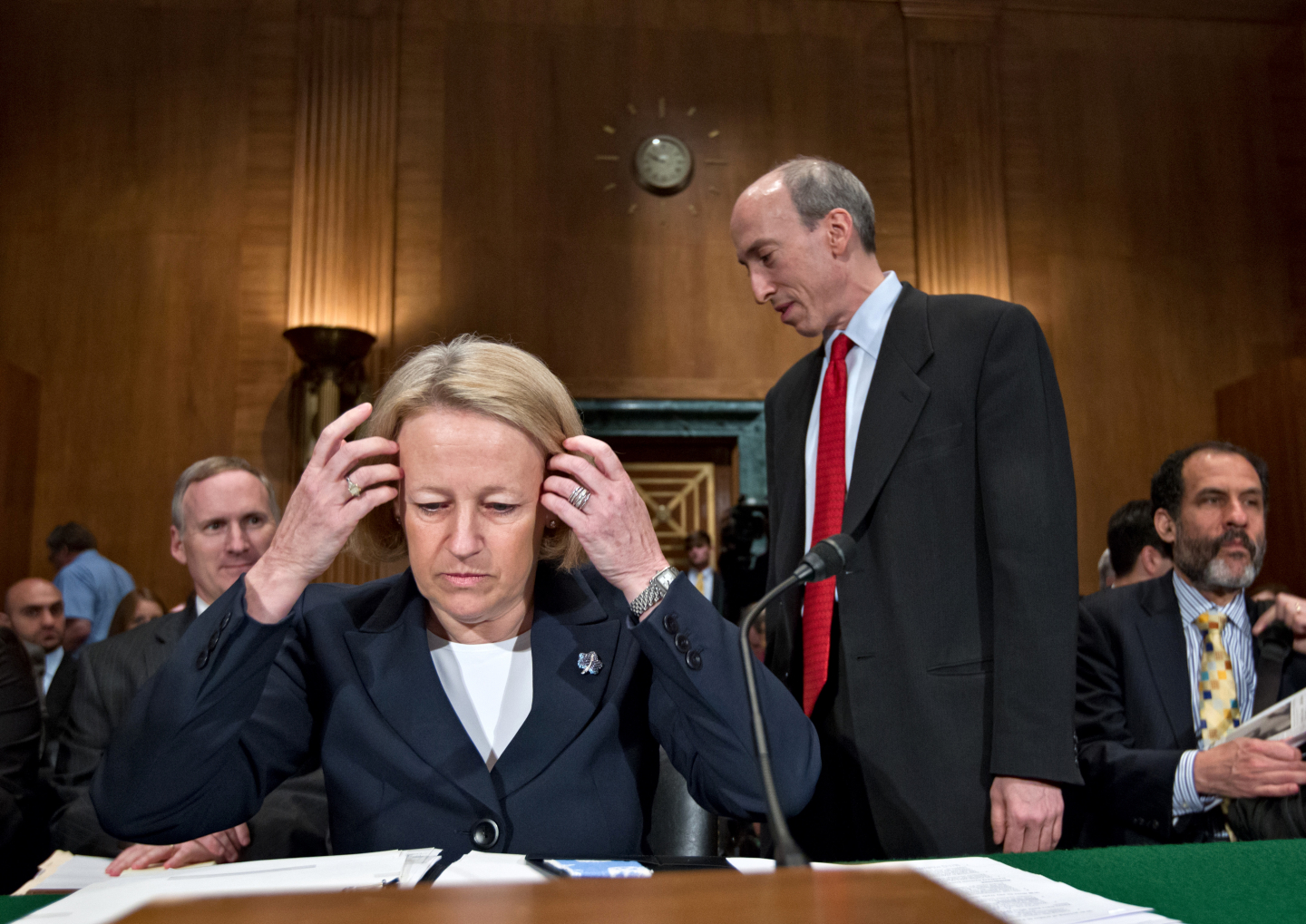Emissions Are Not a Material Risk to Investors or Companies, SEC’s Climate Disclosure Rule Is
The Securities and Exchange Commission is at it again. Straying from its core mission of “protecting investors, maintaining fair, orderly, and efficient markets, and facilitating capital formation,” the SEC is now taking the mantle of climate activist. Chairman Gary Gensler’s signature policy, the Climate Disclosure Rule, was just approved in a partisan 3-2 vote. Companies…










